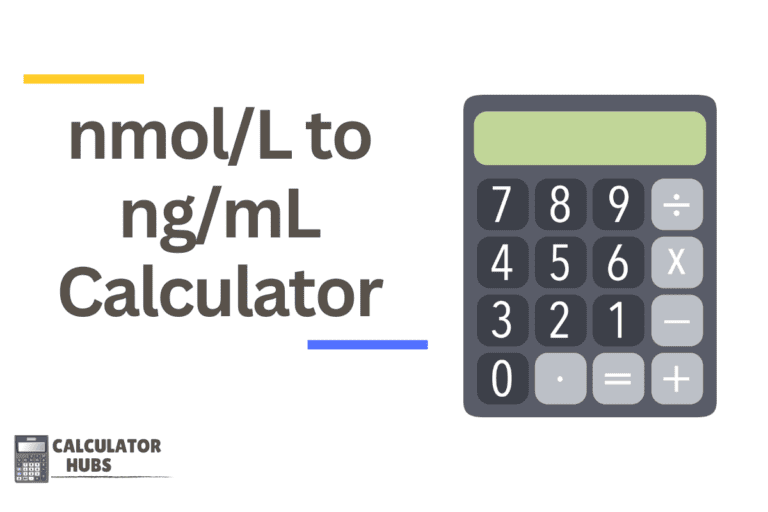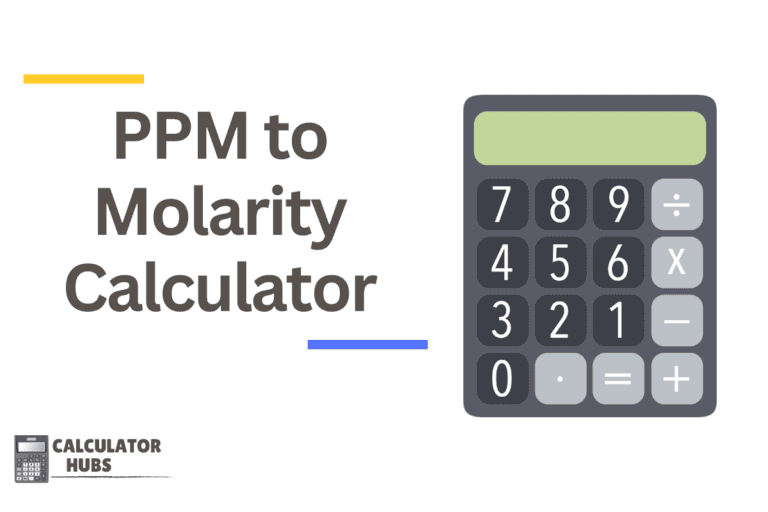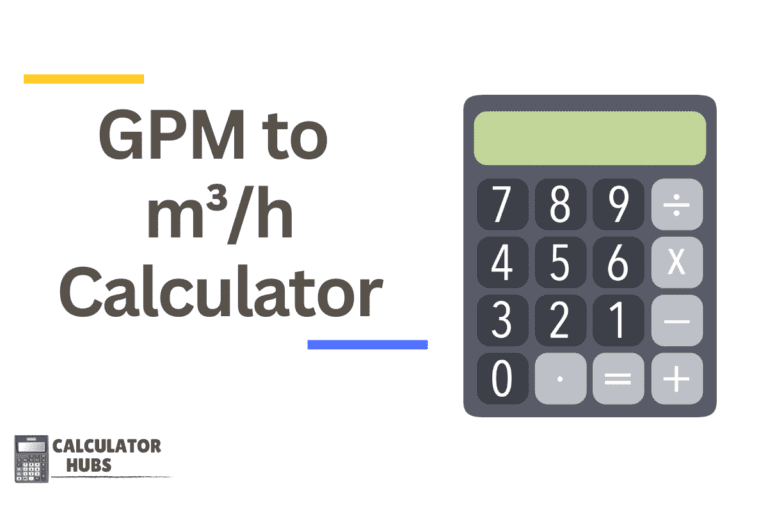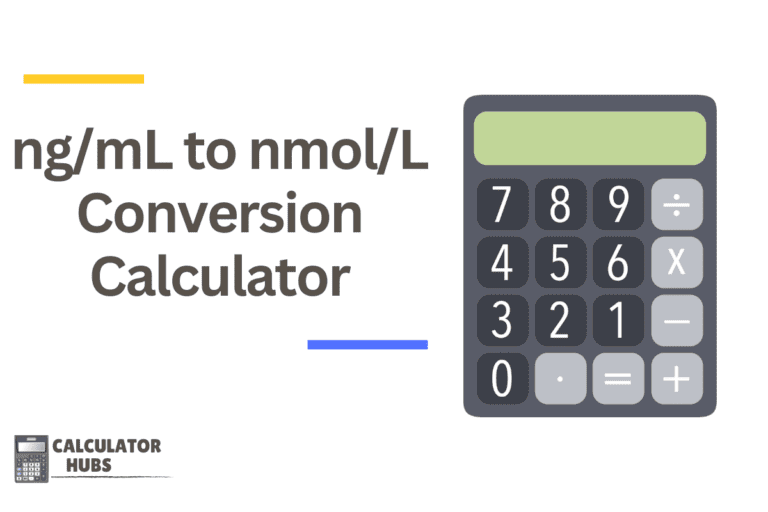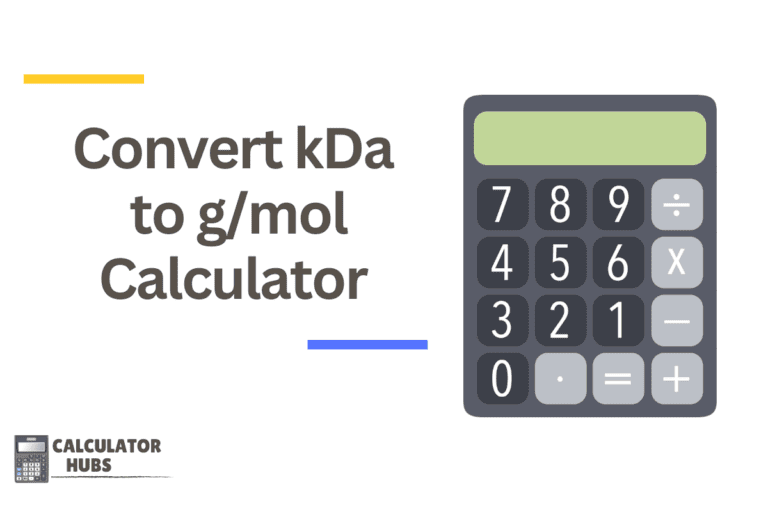Gas Density Calculator
Density: 0.00 g/L
A Gas Density Calculator is a vital tool used primarily in chemistry, physics, engineering, and various industrial applications. It helps determine the density of a gas at a specific temperature and pressure, which is crucial for process control, material selection, and safety assessments. This calculator simplifies the complex calculations required to estimate the mass per unit volume of gases under varying conditions.
How the Gas Density Calculator Works
The Gas Density Calculator employs the Ideal Gas Law to compute the density of a gas based on its molecular weight, temperature, and pressure. It provides a quick and accurate method to handle these calculations, which are essential in both educational settings and industry.
Key Inputs:
- Molecular Weight (M): The molecular or molar mass of the gas, usually given in grams per mole (g/mol).
- Absolute Pressure (P): The total pressure exerted by the gas, typically measured in atmospheres (atm) or pascals (Pa).
- Absolute Temperature (T): The temperature of the gas in Kelvin (K).
Formula Used:
The density of an ideal gas can be calculated using the modified Ideal Gas Law:
Density (ρ) = (P * M) / (R * T)Where:
- P is the absolute pressure,
- M is the molecular weight of the gas,
- R is the universal gas constant (8.314 J/(mol·K)),
- T is the absolute temperature.
General Terms and Definitions Table
| Term | Definition |
|---|---|
| Gas Density | The mass of a gas per unit volume, typically expressed in grams per liter (g/L). |
| Molecular Weight | The weight of one mole of a gas, which impacts its density under specific conditions. |
| Absolute Pressure | The total pressure exerted by the gas, including atmospheric pressure. |
| Absolute Temperature | The temperature of the gas measured from absolute zero (0 Kelvin). |
| Ideal Gas Law | A fundamental equation in chemistry that describes the behavior of ideal gases. |
Example of Calculator Use
Scenario:
- Molecular Weight: 44 g/mol (CO2)
- Absolute Pressure: 1 atm
- Absolute Temperature: 298 K (25°C)
Calculation:
- Density of CO2:
(1 atm * 44 g/mol) / (8.314 J/(mol·K) * 298 K) ≈ 1.789 g/L
This calculation shows that at 25°C and 1 atmosphere pressure, the density of CO2 is approximately 1.789 grams per liter.
Most Common FAQs
1. How does pressure affect gas density?
As pressure increases, the density of a gas increases, provided the temperature is constant. This relationship is directly proportional as per the Ideal Gas Law.
2. What happens to gas density as temperature increases?
Increasing temperature decreases gas density if the pressure is held constant, due to the increase in volume that accompanies higher temperatures.
3. Can this calculator be used for all gases?
The Gas Density Calculator is accurate for ideal gases. For real gases, especially under high pressure and low temperature, deviations from ideal behavior may occur, and corrections might be necessary.
4. Is the calculator applicable at very high temperatures and pressures?
Under extreme conditions, gases may deviate significantly from ideal gas behavior. For such cases, factors like compressibility should be considered, and more complex equations of state may be needed.
5. What units should be used for pressure and temperature?
Pressure should ideally be in atmospheres (atm) or pascals (Pa), and temperature in Kelvin (K) for the calculations to align with the constants used in the formula.
The Gas Density Calculator is an invaluable resource for anyone working with gases in scientific and industrial applications, providing a quick and efficient means to calculate gas density based on fundamental gas properties and conditions.

